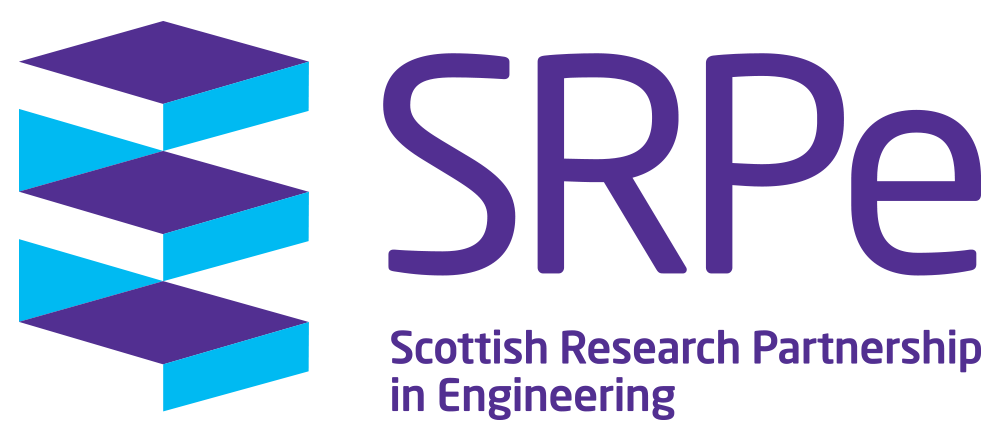Development of Proposal for Pan-European Consortium to test Tidal Turbine Blades at FASTBLADE, Rosyth, Dunfermline
PEER Award Holder: Dr Edward McCarthy, University of Edinburgh
Scotland has a large untapped tidal energy resource (ca. 9 GW) and is home to one of the world’s pioneers in tidal energy, Orbital Marine Power (formerly Scotnenewables Marine Power) who have developed successful prototype 2 MW floating tidal turbine machines over the last four years. Such 2 MW machines are each capable of generating power for 1,700 homes. Other UK tidal device developers such as SIMEC Atlantis (Edinburgh, Bristol) are also active in Scottish waters and are globally leading in this sector.
To date, tidal energy blade manufacturing has focused on high-cost, low-volume, prototype blades, deployed for relatively limted periods (12 months). Now, however, tidal turbine developers need high volumes of low-cost reliable blades to generate competitive, carbon-free electricity. Blade failures and inability to scale blades are a major barrier to full-scale commercialisation of tidal energy, and the cost of over-engineering currently limits the cost viability of much of the available tidal energy resource.
The proposal will develop accelerated full-scale fatigue testing and validated international blade endurance test standards at the University of Edinburgh FASTBLADE facility at Port of Rosyth in partnership with four other premier research test centres across Europe. The test centres will collaborate with European Marine Energy Centre (EMEC), four of Europe’s main tidal turbine developers, two of which are based in Scotland (OMP and SIMEC Atlantis), and an international standards body (DNV-GL).
The project will produce improved fatigue test methods for tidal blades, a draft international standard for blade fatigue testing, and improved understanding of the behaviour and failure modes of tidal blades under prolonged sea exposure over 20 years.
